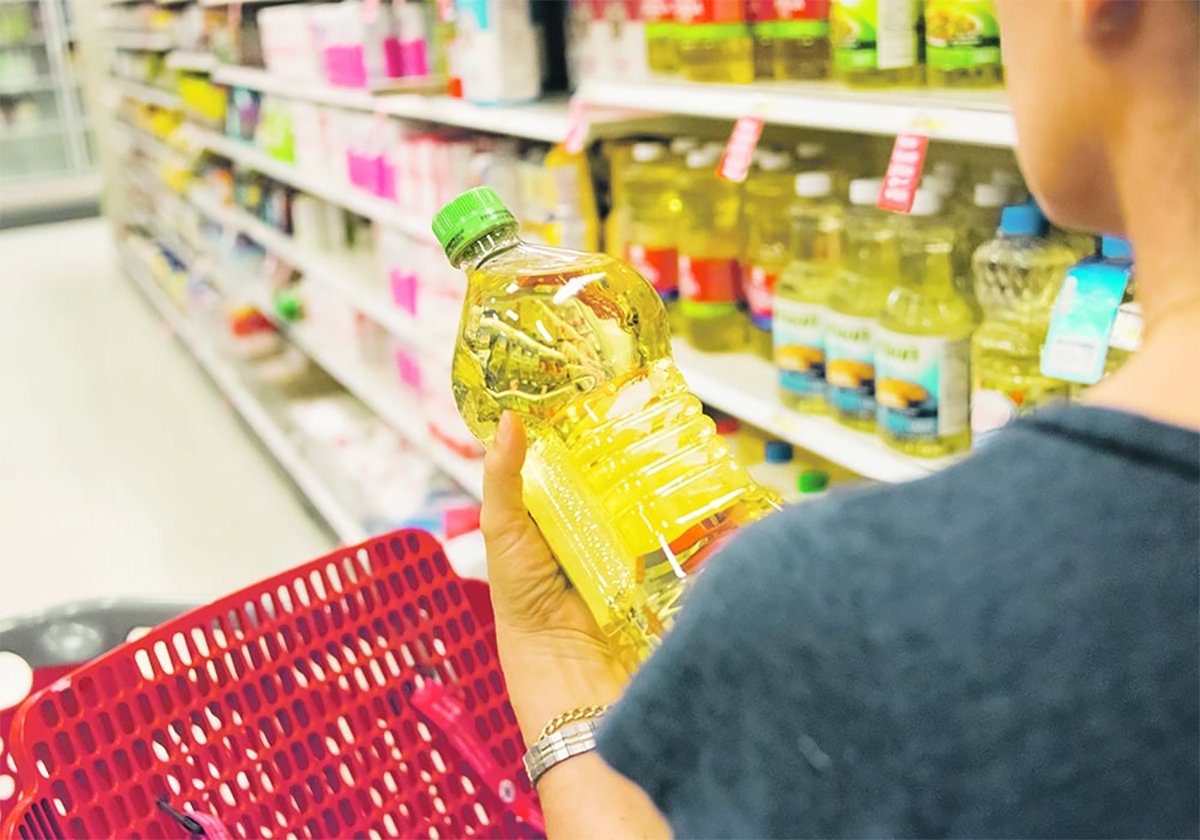Europe gets new worry
If you thought Europeans were suspicious when it comes to the safety of their food, think again.
They are going to be absolutely paranoid now that there has been another food scare.
The crisis broke two week ago when it emerged that chickens and other livestock on many Belgian farms had been given feed contaminated with dioxin, a chemical known to promote cancer.
First, Belgian supermarkets began clearing shelves of poultry, eggs and pork products. Then country after country through Europe began suspending imports of Belgian livestock products.
Read Also

Vegetable oil stocks are expected to tighten this year
Global vegetable oil stocks are forecast to tighten in the 2025-26 crop year, this should bode well for canola demand.
Last Friday Canada stopped importing such foods from Belgium and the United States went further, suspending imports of foods from across the European Union.
The Belgian government says the problems began when animal fat contaminated with dioxin, most likely from mechanical oil, was mixed up with 176,000 pounds of feed for poultry, pigs and cattle.
The actual human health danger arising from the contaminated food isn’t clear.
But the real issue is why it appears the government hid the problem for a month. The Belgian agriculture and health ministers have already resigned over the matter. Holland’s agriculture minister has also resigned, partly due to criticism over his department’s slow reaction to the dioxin scare.
After the BSE or mad cow disease crisis of a few years ago, Europeans had little faith in their governments’ ability to protect the safety of their food.
This new scandal will destroy all remaining confidence in government food safety procedures.
This has implications for acceptance of genetically modified foods in Europe.
Although there is no connection at all between a case of chemical contamination and the developing new gene technology, for most of the public, it is all one big issue.
And it is ironic that in the place where consumers seem to have a heightened awareness of and desire for food purity, government and industry seem less equipped to deliver it.
So long as food safety assurance systems in Europe keep failing, consumers there are not going to accept the uncertainty that comes with new technologies such as genetically altered food.
So all the focus on how and when Europe will approve genetically altered foods is academic.
The products won’t be welcomed by consumers until they are assured by a record of success that the safety system works.














